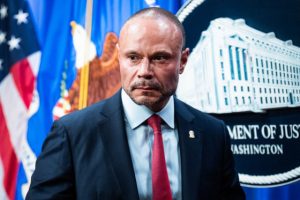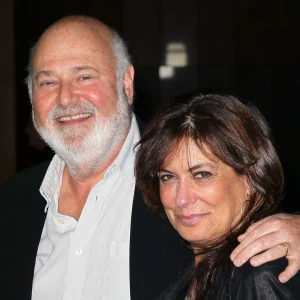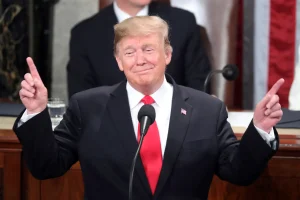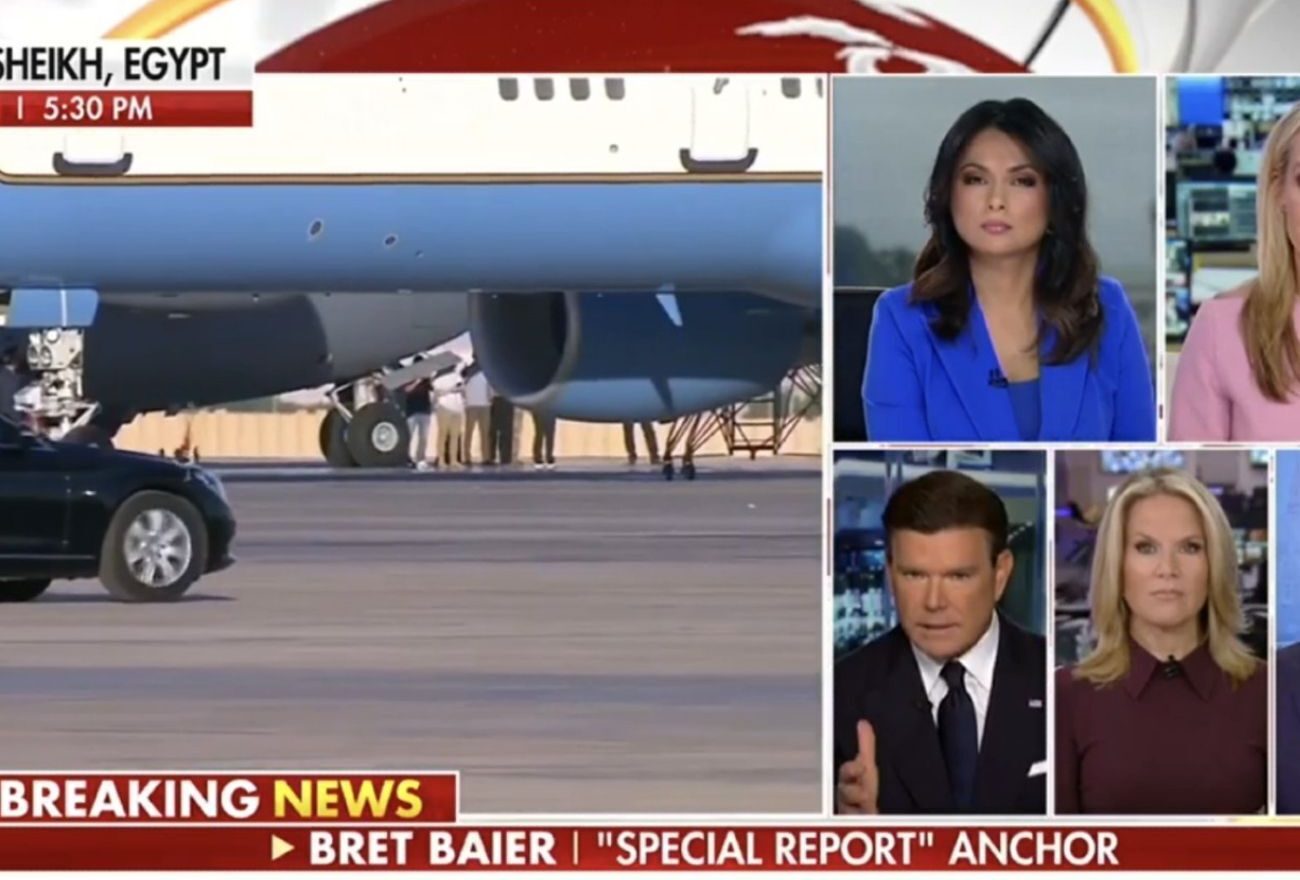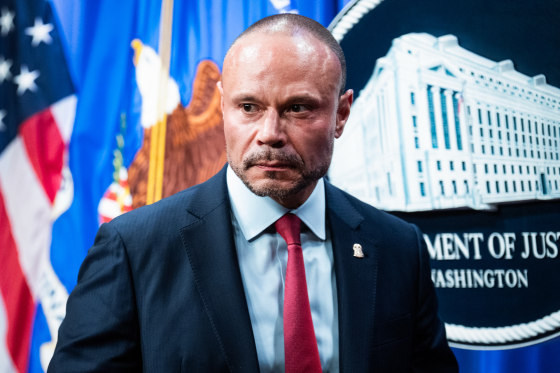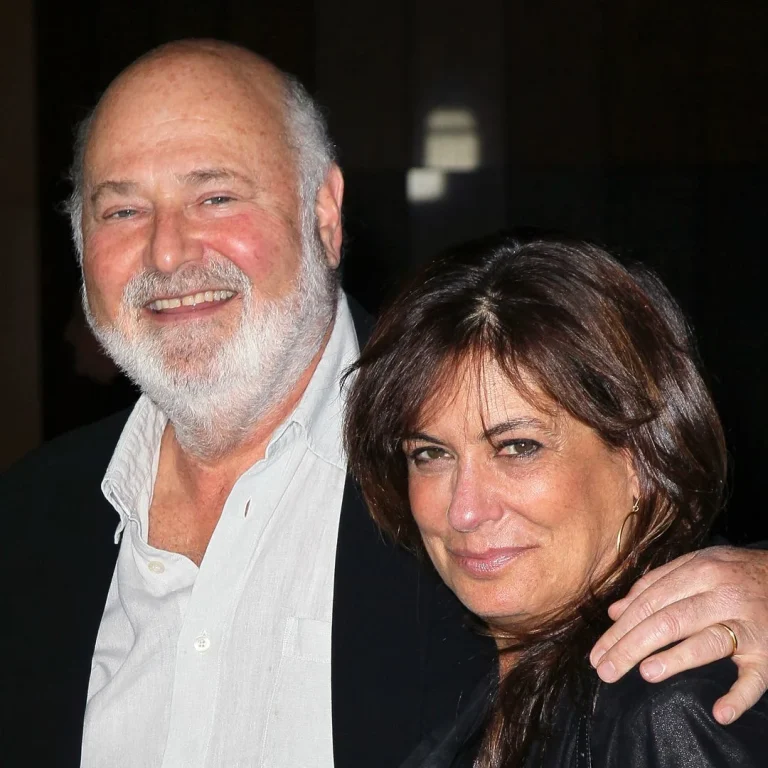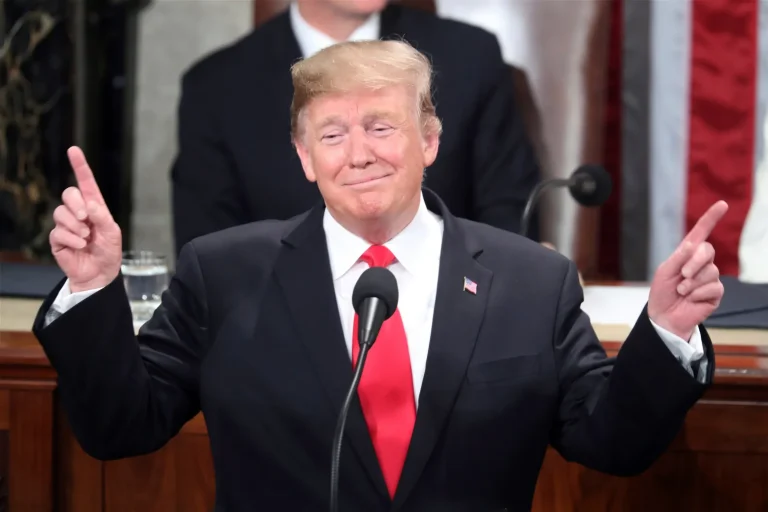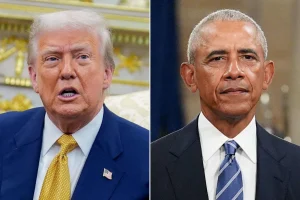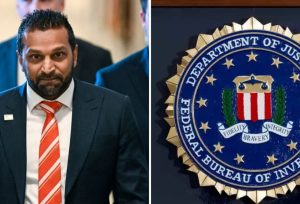Baier Praises Trump As Final Hostages Freed in Historic Israel-Palestine Peace Deal
In a stunning diplomatic milestone, Fox News anchor Bret Baier commended former President Donald Trump for brokering what he described as a “truly historic peace agreement” between Israel and Palestine, leading to the release of the final hostages held in Gaza. The development marks a potential turning point in a conflict that has gripped the region for decades.
A Defining Moment on Live Television
During a segment on America’s Newsroom with Martha MacCallum and correspondent Benjamin Hall, Baier analyzed the significance of the recent peace deal and its broader geopolitical implications. He began by praising Trump’s landmark speech before the Israeli Knesset, calling it “a really historic moment.”
“I think that you’re going to look back and that speech at the Knesset is going to be one of the speeches President Trump is remembered for,” Baier said.
He continued, quoting Trump’s words from that address:
“This day, generations from now, will be remembered as the moment everything began to change.”
Baier noted that Trump’s reception in Israel was overwhelmingly positive, calling him “hero status” among many Israelis celebrating the ceasefire and hostage releases.
Trump’s Reaction: ‘Everybody Is Cheering at Once’
Speaking to reporters following the agreement, Trump described the rare unity seen in the aftermath of the deal:
“This is a very special event. They had 500,000 people yesterday and today in Israel — and also the Muslim and Arab countries are all cheering. Everybody is cheering at one time. That’s never happened before.”
Trump emphasized that simultaneous celebrations between Israel and neighboring Muslim countries had never occurred before in modern history. “Usually if one side cheers, the other side mourns,” he said. “This time, everyone is hopeful.”
The former president added, “Everybody is amazed and thrilled, and it’s an honor to be involved.”
Hostages Freed After Two Years of War
The peace deal comes a little more than two years after the October 7, 2023, terrorist attack in which Hamas militants crossed into Israel, killing approximately 1,200 people and taking hundreds of hostages. The assault led to a devastating two-year conflict that claimed tens of thousands of lives across both Israel and Gaza.
On Monday, Hamas released the final 20 hostages still held in Gaza, concluding one of the war’s most painful chapters. The exchange was carried out as part of the broader peace framework negotiated with heavy U.S. mediation under Trump’s leadership.
https://twitter.com/NesaraGesara0/status/1977759039502106746
Netanyahu: ‘Trump Is Israel’s Greatest Friend’
Israeli Prime Minister Benjamin Netanyahu publicly thanked Trump, calling him the “greatest friend Israel has ever had.”
Netanyahu praised Trump for several past actions that laid the groundwork for renewed trust between the two governments, including:
-
Recognizing Israeli sovereignty in parts of Judea and Samaria (West Bank)
-
Withdrawing the United States from the 2015 Iran nuclear deal
-
Supporting Israel’s defense initiatives at the United Nations
“He stood with us when others turned away,” Netanyahu said in Jerusalem. “He has stood for peace, and today, we see the fruits of that commitment.”
Inside the Peace Framework: A 20-Point Plan
The Trump-mediated peace accord is built around a 20-point framework designed to halt violence, rebuild Gaza, and lay the foundation for lasting coexistence.
Key elements include:
-
Full Ceasefire: Both sides agreed to an indefinite cessation of hostilities.
-
Territorial Repositioning: Israel withdrew to agreed-upon defensive lines.
-
Hostage Exchange: Hamas released all remaining Israeli captives; Israel freed 2,000 Palestinian prisoners.
-
Reconstruction Oversight: An international “Board of Peace,” chaired by Trump and former British Prime Minister Tony Blair, will oversee rebuilding efforts in Gaza.
-
Governance Reform: Gaza will be temporarily administered by a technical Palestinian council, independent of Hamas, until new democratic structures are in place.
-
Economic Renewal: A special economic zone will be established to attract foreign investment and modernize Gaza’s economy.
-
Amnesty for Nonviolent Actors: Hamas members who renounce violence will receive pardon or safe passage.
-
Humanitarian Access: Aid deliveries will flow under supervision by the UN, Red Crescent, and other neutral organizations.
Trump described his vision as turning Gaza into “a thriving modern miracle city” — one built not on foreign dependency, but on cooperation and opportunity.
Global Reaction: Hope and Cautious Optimism
World leaders have expressed measured optimism about the agreement. The European Union, Egypt, and Jordan issued joint statements supporting the ceasefire and commending the progress toward stabilization.
UN Secretary-General António Guterres called the development “a rare moment of collective humanity” but warned that “lasting peace will depend on long-term political commitment and mutual trust.”
Human rights groups have urged close monitoring of the agreement to ensure that humanitarian relief reaches civilians and that political prisoners on both sides are treated in accordance with international law.
The Road Ahead
While the ceasefire and hostage release mark major breakthroughs, experts caution that significant challenges remain.
Security analysts point out that rival factions within Gaza may resist elements of the peace deal, and rebuilding the region will require extensive coordination and funding.
The U.S. administration under Trump has already pledged $15 billion in aid and investment incentives for Gaza’s reconstruction, pending international support.
Meanwhile, efforts to rebuild trust between Israelis and Palestinians will depend heavily on the successful implementation of the early phases of the peace plan — especially the safe reintegration of released prisoners and the establishment of new governance institutions.
Baier’s Closing Thoughts
During the closing moments of the America’s Newsroom broadcast, Baier reflected on the symbolism of the moment.
“When you see Israeli families welcoming their loved ones home after two years, and Palestinian families doing the same, it’s hard not to recognize that something significant has changed,” he said.
“If it holds, this could be one of those moments that actually redefines the Middle East.”
A Historic Shift
For the first time in decades, Israeli and Palestinian citizens are celebrating the same event — peace.
Whether the fragile agreement holds will depend on continued cooperation, enforcement of the peace terms, and sustained international engagement.
But as the final hostages returned home, the region — and the world — witnessed something few thought possible: a shared moment of relief, unity, and hope.

James Jenkins is a celebrated Pulitzer Prize-winning author whose work has reshaped the way readers think about social justice and human rights in America. Raised in Atlanta, Georgia, James grew up in a community that instilled in him both resilience and a strong sense of responsibility toward others. After studying political science and creative writing at Howard University, he worked as a journalist covering civil rights issues before dedicating himself fully to fiction. His novels are known for their sharp, empathetic portraits of marginalized communities and for weaving personal stories with broader political realities. Jenkins’s breakout novel, Shadows of Freedom, won national acclaim for its unflinching look at systemic inequality, while his more recent works explore themes of identity, resilience, and the fight for dignity in the face of oppression. Beyond his novels, James is an active public speaker, lecturing at universities and participating in nonprofit initiatives that support literacy and community empowerment. He believes that storytelling is a way to preserve history and inspire change. When not writing, James enjoys jazz music, mentoring young writers, and traveling with his family to explore cultures and stories around the world.
